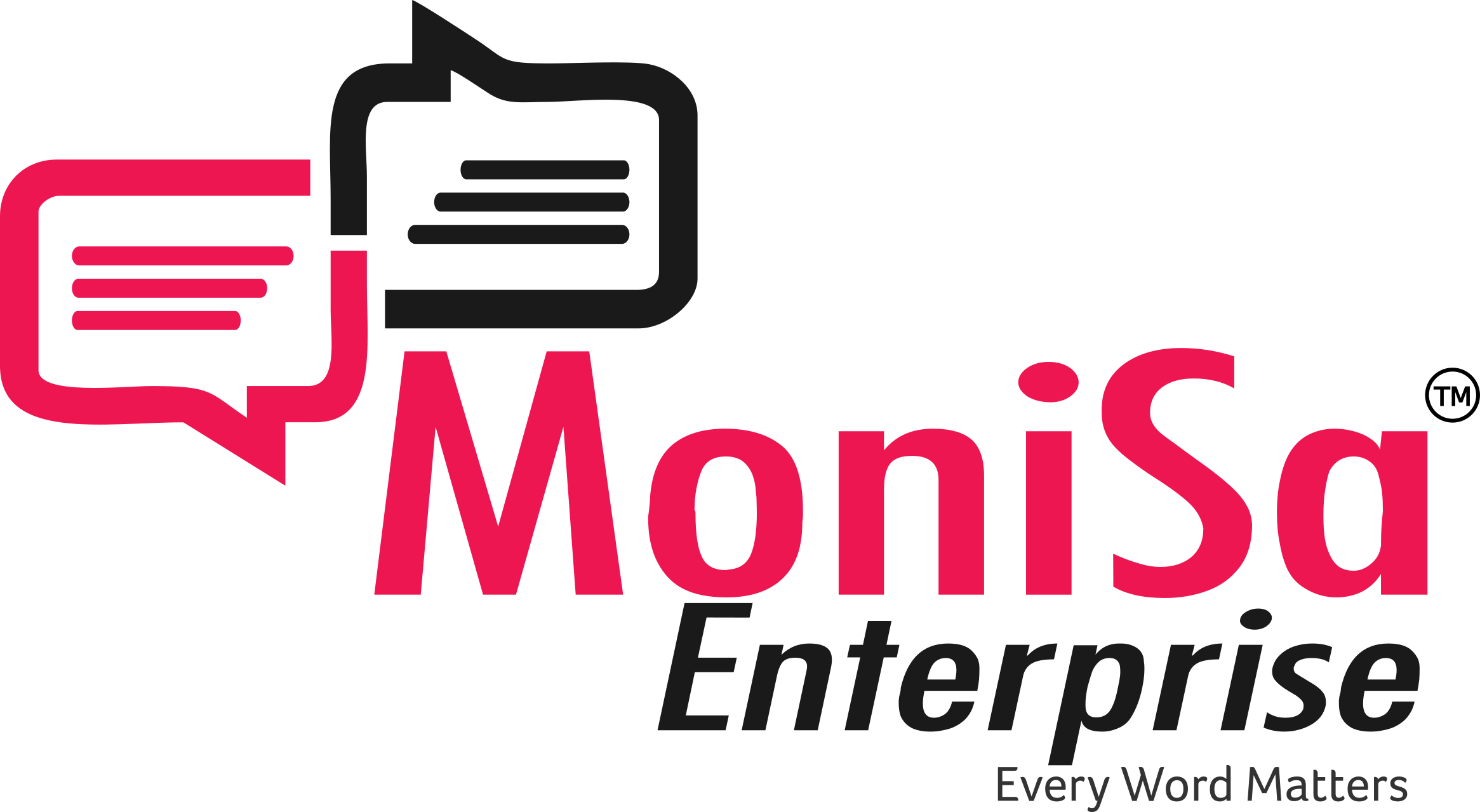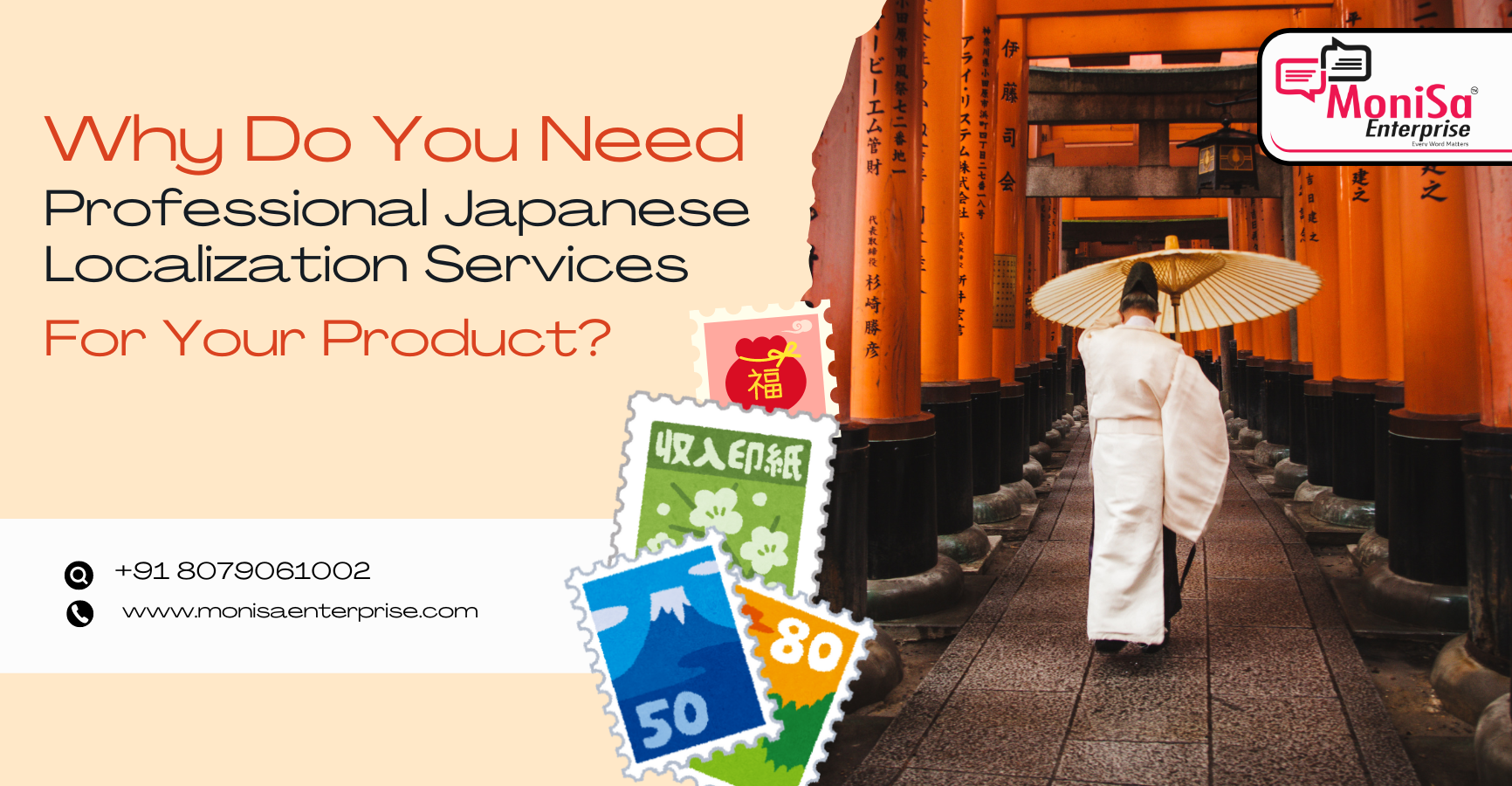So, you just launched a product that you think is fantastic for the Japanese market. Now all that’s left to do is to localize your website and product information into Japanese so that you can approach customers from over the sea. Easier said than done. The Japanese language as we are soon to discover can be quite difficult to master for a non-native speaker.
The intricacies of the Japanese language reflect the intricacies of the way of Japanese living. In a world where differences in vocabulary and etiquette are borne from differences in gender, age and social status, maintaining these intricacies can be difficult for a foreigner. Neither do we have computerised translation tools refined enough to overcome these challenges. So, what’s to be done? Should you just give up on your hopes and refrain from interacting with the Japanese market?
The answer lies in professional services for localisation in Japanese. As more and more companies try to make a mark on the third-largest consumer market, your product can stand out with not just culturally accurate translations, but also website design localisation, packaging and content localisation, and more.
What benefits can you get from professional Japanese Localization services?
It is understandable why taking on a formal project with no prior experience is not the best choice, even if you are constrained by a budget or a deadline. But what can professionals, with years of expertise, do better in such translation services? Can there be advantages unseen to the untrained eye?
Read on to know more.
A localised design and UI
When we design a webpage, we focus on not just the words, but also the graphics and other design elements that will appear on the reader’s screen. This is because pictures and design choices often speak louder about your brand image and the product you are selling.
It is important to be sensitive to media trends and cultural symbolism while redesigning your UI. A professional provider of localisation services in Japanese is aware of how Japanese symbolism is linked to the seasons and different calendar events. For example, while in the West, New Year’s is symbolised with the “dropping of the ball” and as a time for fun and partying, the Japanese counterpart often features Zodiac signs and the year’s first sunrise over Mount Fuji.
Better turnaround times and lower costs.
As mentioned earlier, cultural differences and symbolisation are embedded in the Japanese language. Figuring out appropriate alternatives for existing website content, such as taglines and catchphrases can be time-consuming. Moreover, you often need to extend deadlines for corrections and rechecks. But with professional localisation services, you have a whole team of experts working on it at once. They can also crosscheck with existing linguistic technology to maintain consistency in translation.
The same logic applies to overall business costs incurred from hiring a professional. By avoiding errors and reducing mistakes in the translation, you can reduce the cost of localisation.
Greater flexibility in writing style
As most of us know, Japanese is written in 3 languages- Kanji, Hiragana and Katakana. But do you know why these 3 options exist? While Hiragana is used for native Japanese function words, Katakana is used for words borrowed from other languages. Yet, they are considerably easy to translate, since both use words and phrases to create meaning. On the other hand, Kanji is a scripture derived from adapting Chinese characters into the Japanese language. Kanji is particularly difficult to understand for non-professional translators since it uses an extensive knowledge of over 2000 individual characters, which are combined to create imagery. That’s not all! Different dialects arising from regions of Hokkaido, Shikoku, Okinawa, etc create further complications.
With professional Japanese Localisation to English services and vice versa, you do not need to be restricted to only one form of writing. Broaden your horizons and explore the beauty of the Japanese language!
Avoid “translationese”
The best professional linguists will know that “translationese” or ungrammatical translation is a real problem in these days of Google Translate. The problem is further enhanced in a language like Japanese, which has a completely different sentence structure and grammar rules than English. For example, there is usually no concept of future tense- present tense is used. You might have also noted that there is no difference between plural and singular forms in several sentences.
Without professional help, most of us cannot correctly identify ungrammatical translations since we are more used to English sentence structures. This results in awkward-sounding sentences, especially when we translate dialogues.
What should I look for in a professional localization company?
1. Native speakers
Especially when we consider a language such as Japanese, having a team of native speakers is a huge bonus. Native speakers can offer greater accuracy in document localisation in Japanese. Moreover, they are also updated about current news and cultural references, which can help your brand better resonate with the target audience.
2. Strong localisation strategy
Depending upon the need of the hour, your future goals for your business may be to increase global outreach, raise sales and conversion rates, raise customer loyalty, or even lower the risks from translation errors. A company that has handled different types of localisation projects will have a suitable strategy for your business as well.
3. Experience in other linguistic services
When you hire a professional localisation service provider, you can either choose between a freelancer or a translation company. Regardless of what you choose, this is probably a costly decision and one that you will stick by for quite some time. It is not possible to keep changing the team you work with, and neither can you hire a professional for every individual translation requirement. Make sure the professional you choose can also provide other linguistic services such as document translation, pricing and packaging localisation, legal translation and more.
Still, waiting to find the perfect fit for all your Japanese Localisation, Chinese and Korean needs? MoniSa Enterprise stands out with a team of licensed professionals with years of hands-on experience in a variety of projects.
Reach out to know more today!


